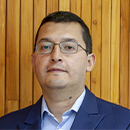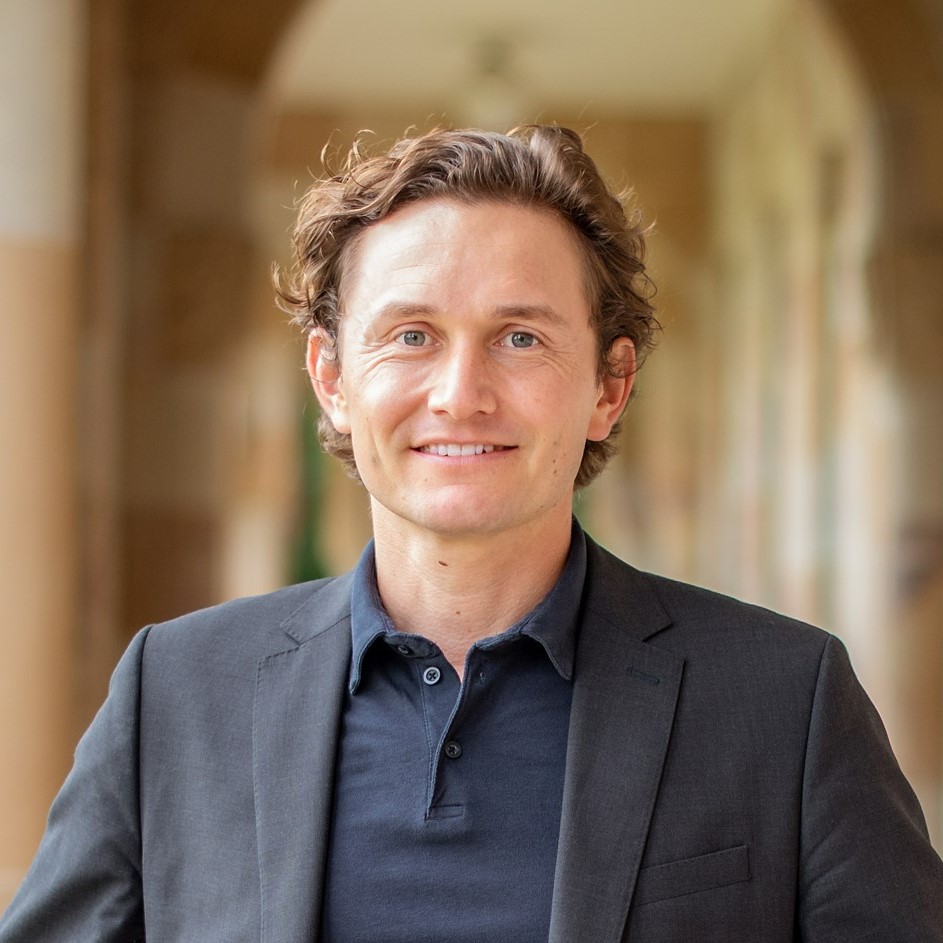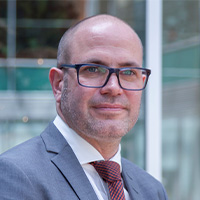Ports play a critical role in decarbonising the shipping and transport industry, providing the necessary storage and infrastructure to supply green bunkering fuel and green electricity to ships, trucks, barges and trains. Ports are also a significant actor in the decarbonisation of regional and national energy systems through their facilities to import, export, and store green energy sources.
Our projects
About
The UQ Sustainable Infrastructure Research Hub is a consortium member of the Port of Brisbane Vision 2060 project.
The University of Queensland is participating in Port Vision 2060 a transformational long-term initiative to help the Port of Brisbane to make sustainable decisions today that will shape the infrastructure over the next four decades.
Aims
The project aims to develop a blueprint to help the Port ecosystem build the resilience required to plan, prepare, adapt, recover and collaborate in increasingly complex supply chains and disrupted environments.
Researchers
 Dr Cristyn Meath
Dr Cristyn Meath
Senior Research Fellow and Lecturer
Faculty of Business, Economics and Law
 Gustavo Martinez Tello
Gustavo Martinez Tello
Senior Research Assistant
Faculty of Business, Economics and Law
 Dr Jurij Karlovsek
Dr Jurij Karlovsek
Senior Lecturer, School of Civil Engineering
Faculty of Engineering, Architecture and IT
 Professor Gordon Wilmsmeier
Professor Gordon Wilmsmeier
Kühne Professorial Chair in Logistics Universidad de los Andes
School of Management, Colombia
About
Container ports have been identified as fossil fuel dependant transport hubs and a significant source of greenhouse gas (GHG) emissions. This study examines why it is important to disclose emissions and energy consumption at the container terminal level (as opposed to disclosure by Port Authorities only) to design effective public policies to mitigate climate change. In addition, the research aims to understand the role of transparent information in this market.
To date, the role of climate change mitigation in container terminals has been investigated predominantly from the perspective of the port authority. This is a result of the process of devolution in the industry where different types of private parties emerged to operate container terminals. Thus, container terminal operators’ emissions are seen as beyond or out of the port authorities’ immediate control as contracts do not reflect obligations for environmental reporting nor reducing emissions or energy consumption. Despite the importance of these organizations, research focused on climate change mitigation of container terminal operators remains scarce.
The Sustainable Infrastructure Research Hub has been recognised during the International Association of Maritime Economists conference held in Valencia during June 2024 with the award of best paper on ports to our article focusing on transparency on energy consumption and emissions reporting in the container terminal industry.
Researchers
 Gustavo Martinez Tello
Gustavo Martinez Tello
Senior Research Assistant
Faculty of Business, Economics and Law
 Dr Cristyn Meath
Dr Cristyn Meath
Senior Research Fellow and Lecturer
Faculty of Business, Economics and Law
 Professor Gordon Wilmsmeier
Professor Gordon Wilmsmeier
Kühne Professorial Chair in Logistics Universidad de los Andes
School of Management, Colombia
About
The transport sector represents almost 20% of Australia´s GHG emissions and within the transport sector freight emissions represent 40% and road freight transport represents 83%. Without further action, the transport sector will be the largest contributor to GHG emissions by 2030. What if we can use data not only to inform and develop evidence-based public policy but also to make data-driven investment decisions in the private sector to achieve our goals on GHG emissions reduction?
This project aims to explore how to develop evidence-based public policies that support the transition to a sustainable road freight transport sector. We have been developed tools and knowledge to make data-driven decisions that inform and support decarbonization within firms and industries. But also, inform evidence-based public policies that support the energy transition to a sustainable transport sector.
This research builds on previous work of the project lead Gustavo Martinez Tello and Professor Gordon Wilsmeier, particularly Giro Zero (2021-2024): Steering Colombian Road Freight Transport to zero emissions, Uniandes and Cardiff University for the UK Pact.
Researchers
 Gustavo Martinez Tello
Gustavo Martinez Tello
Senior Research Assistant
Faculty of Business, Economics and Law
 Dr Cristyn Meath
Dr Cristyn Meath
Senior Research Fellow and Lecturer
Faculty of Business, Economics and Law
 Professor Gordon Wilmsmeier
Professor Gordon Wilmsmeier
Kühne Professorial Chair in Logistics Universidad de los Andes
School of Management, Colombia
 Dr Jurij Karlovsek
Dr Jurij Karlovsek
Senior Lecturer, School of Civil Engineering
Faculty of Engineering, Architecture and IT
